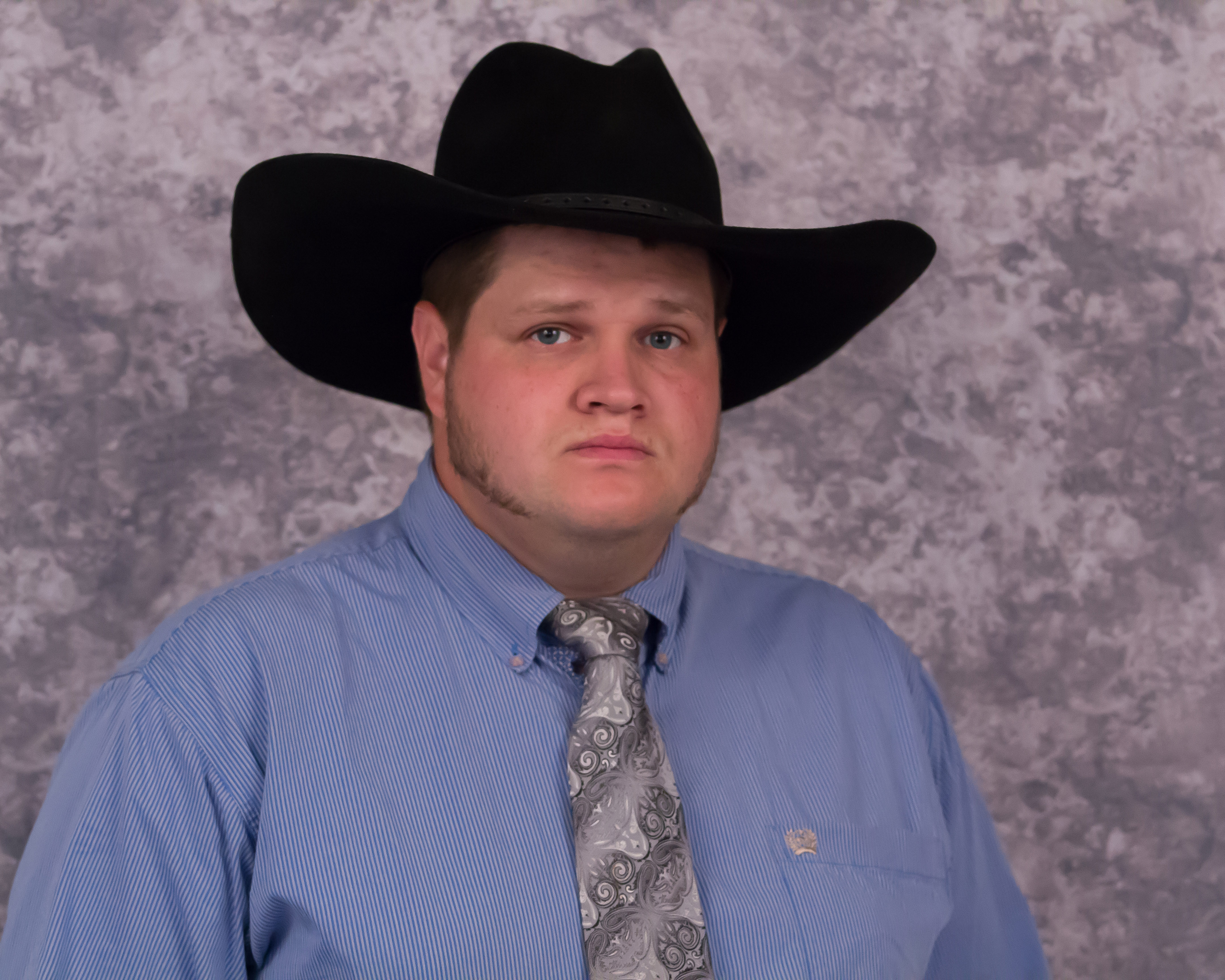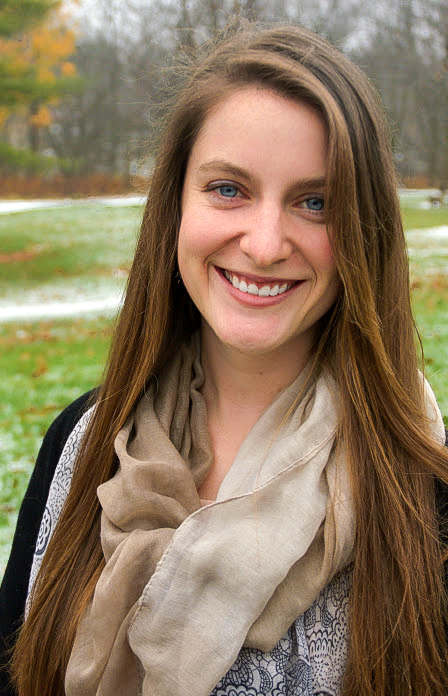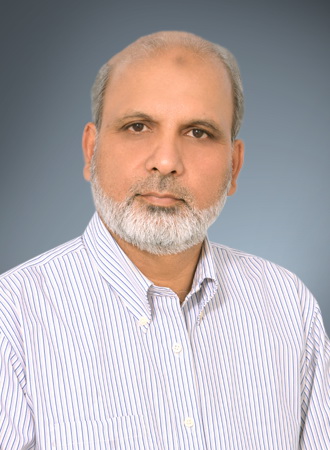
Date: Wed Jun 27, 2018
Time: 8:00 AM - 9:30 AM
Moderator: Matt Yost
The CropLife/Purdue University precision dealer survey is the longest-running continuous survey of precision farming adoption. The 2017 survey is the 18th, conducted every year from 1997 to 2009, and then every other year following. For individuals working in agriculture there is great value in knowing who is doing what and why, to get a better understanding of the utilities and applications, and to guide investments. A major revision in survey questions was made in 2017, to reflect the growth in data driven agriculture. But the long-term trend questions were left intact, to continue to log changes in the industry. Major sections of the survey include precision technologies used by the retailers within their business/on their equipment, the adoption rates of precision products and services offered by retailers to customers, the dealer’s estimation of the acres in their area where farmers are using precision practices, and questions about profitability, technology investment, and constraints to adoption.
The 2017 survey shows substantial increases in the adoption of practices that provide data for understanding and managing inter- and intra-field variability. Grid/zone soil sampling, which was being offered by 35 to 57% of dealers in a period stretching from 1999 to 2013, increased to 67% in 2015 and to 78% offering in 2017. Soil EC mapping increased from 19% in 2015 to 31% in 2017, and dealers offering UAV services from 19% to 30%. At the same time variable rate technology (VRT) seeding prescriptions, VRT lime application, and VRT fertilizer application services are up, yet VRT pesticide offerings are down. Seventy eight percent of dealers are using autoguidance for their custom application and 73% are using sprayer section controllers.
Dealers report that pooled farmer data is most used to guide fertilizer and liming decisions and for variable hybrid placement, and least used for determining crop seeding rates or crop sequences/rotations.
The most profitable precision offerings for dealers are generally related to fertilizers and soil amendments: grid or zone soil sampling, VRT liming, VRT fertilizer applications, and VRT fertilizer prescriptions. Dealers report some of their least profitable offerings to be satellite/aerial imagery, UAV/drone imagery, and chlorophyll/greenness sensors.


A key issue facing regional, rural and remote communities, in both Australia and the United States of America (USA), is the low level of digital literacy among some cohorts of students. This is particularly the case for students involved in agricultural studies where it is commonly perceived that digital literacy is not relevant to their future occupation. However, this perception is far from the truth, as the reality of farming today means students who intend on entering the agricultural workforce must have excellent comprehension of technology. The agricultural industry is changing with the ever-increasing use of technology across the supply chain demanding a workforce with higher degree skills in STEM and digital literacy to facilitate the transformation of this sector. The ‘GPS Cows’ project is a collaboration between researchers, industry professionals and educators in both Australia and the USA to engage students using emerging agri-tech to excite them and showcase the higher education and career opportunities available in the agricultural sector. The pilot program will see the development of learning materials to assist students increase their digital literacy skills using agriculture as a case study. The culmination of the pilot program will see students work with their teachers and/or 4-H regional leaders to develop a poster outlining a science investigation they designed and undertook using GPS livestock tracking technology.

Uncertainty around the ownership, privacy and security of farm data are most commonly the reasons cited for farmer’s reluctance to “buy-in” to big data in agriculture. Evidence provided to the recent US Committee on Commerce, Science, and Transportation Subcommittee on Consumer Protections, Product Safety, Insurance, and Data Security, United States Senate Technology in Agriculture: Data Driven Farming (Nov 2017) highlighted that “data ownership, and related privacy and security issues, are problems that are frequently discussed in relation to Big Data and analytics ...[that are] concerns that need to be addressed.”
This paper will draw upon results of the Accelerating Precision Agriculture to Decision Agriculture (P2D) research project, funded by the Australian Commonwealth Government (Department of Agriculture and Water Resources as part of its Rural R&D for Profit program) and all 15 of Australia’s key agricultural funders, the Rural Development Corporations (lead by the Cotton RDC), which included a large farmer survey completed with 1000 farmers from a broad range of Australian agricultural industries that highlights their attitudes and concerns about data sharing. While over 74% of Australian farmers knew nothing or very little about the terms and conditions of their data contracts what is more telling is the fact that over 62% lack trust in their service providers in the way that they deal with farm data.
In this paper, we examine how good governance in data sharing develops and builds trust between farmers, agribusinesses and service providers. Providing clarity around issues of data ownership, privacy and security will empower farmers to fully understand the terms and conditions upon which they are willing to share their data. We draw upon the broadening of the notion of “consent” that is being re-examined in light of the General Data Protection (GDPR) Regulation in the European Union (2016/679) which will take effect on the 25 May 2018. While this regulation is intended to strengthen and unify data protection for all individuals within the EU, it also addresses the export of personal data outside the EU. While farm data is not yet seen as personal data, lessons can be drawn from developments in privacy to empower farmers to take steps to ensure more transparency in their dealings with technology providers.
The use of Precision Agriculture (PA) technologies and techniques continues to expand in Australia. The Society of Precision Agriculture Australia (SPAA) has been instrumental in driving the adoption and development of these techniques to support industry and Australian farming communities.
SPAA supports innovation, and innovation includes people. Founded in 2002, SPAA, a not for profit extension body, is Australia’s only dedicated farming group communicating and advocating for the increased adoption of PA. It provides independent, timely and relevant information to the grains, winegrape, sugarcane, horticulture and livestock industries. Annually, over 2000 participants have benefited from SPAA events and publications, and in turn these members have helped drive research, development and extension that deliver on-ground benefits to farmers and industry stakeholders. With access to networks Australia wide and quality information, the opportunities for members to share ideas are a critical element of progressive and resilient farming communities. We strongly believe in the SPAA motto of ‘Guiding you to farming success’.
SPAA provides support and information, facilitating access to learn about the capabilities of a range of PA innovations that are applied across a wide-range of agricultural sectors, through a multitude of extension programs, methodolgies and resources. Adoption success has been championed by extension and outreach programs focused on engagement, practical implementation and farmer case studies. This access to timely PA information, through SPAA seminars, workshops, expos, magazines, factsheets and online channels including a popular website and social media, results in better informed, and more confident decisions being made.
The varying rates of PA adoption across industries and between technologies present a number of challenges. SPAA believes in ensuring that farmers and industry personnel are up-skilled in the use of technology currently on the market and seeks to improve the knowledge and use of these. Using examples from the grains and winegrape industries as the springboard for adoption and expansion, cotton, vegetable and livestock industries continue to be areas for further expansion as research investments are expanded.
In 15 years, SPAA has made significant contributions to promoting the uptake and adoption of PA innovations on farm through learning, sharing, connecting and inspiring. Through traditional dissemination and modern outreach initiatives, SPAA keeps PA innovations at the forefront, ensuring a viable Australian agricultural industry.
Precision agriculture has been greatly promoted for the potential of these technologies to sustainably intensify food production through increasing yields and profits, decreasing the environmental impacts of production, and improving food safety and transparency in the food system through the data collected by precision agriculture technologies. However, little attention has been given to the potential of these technologies to impact social relations within the agricultural industry. This paper argues that for precision agriculture to deliver its intended benefits the social consequences are imperative to consider. This article begins by mapping and analyzing the current precision agriculture technological landscape in Ontario in order to understand the current state of adoption. It then further examines the changing relationship between precision agriculture retailers and primary producers due to the introduction of precision agriculture through a qualitative analysis of interviews. By understanding the shifting power relations between these two actors along with the political and economic motivations for technology adoption, I highlight the social impacts of precision agriculture adoption, focusing on issues of cost, labour, and data as a new form of capital on the farm. The results emphasize the pressing need for knowledge transmission and capacity development in precision agriculture as the vast majority of agriculture data collected is underutilized. This research focuses specifically on data gathering technologies in the crop and dairy sectors in ten counties with the highest adoption rates of precision agriculture in Ontario.

Precision agriculture provides innovative farm information tools for improved decision making regarding crop growth and yield. Creating awareness for future applications of precision agriculture among progressive farmers in Pakistan was an instrumental force to conduct this study. The purpose was to appraise the awareness level of the respondents for applications of precision agriculture in the field. The objectives such as assessing the awareness level, available information sources, future needs, factors responsible for the applications, the constraints for the implementation of precision agriculture, and farmers’ attitude towards current and future agricultural practices were evaluated. Four out of 37 districts were purposively selected. Sample of 150 respondents using systematic sampling with K=10 respondents from the list of 1500 progressive farmers was selected. Average age was 52 years with 20 years farming experience. The respondents were sentient in only four concepts out of 19. Hence, there is a dire need that policy makers should develop supportive policies to create resourceful PA environment for farmers to boost up awareness level and training opportunities. The Factor analysis applied to understand the role of different factors in espousal of precision agriculture. The first factor alone explained 42% variation, and by adding second factor, the explained variation goes up to 71%. So, two factors found enough to achieve the desired level of explained variation in the dataset. By using Varimax factor rotation technique, variables of interest were differentiated. The first component was explained by two variables; training needs and responsible factors for applications of precision agriculture, with maximum loadings of 0.950 and 0.951 respectively and called as “respondents’ training needs in the specific concepts” where PA has strong applications. The second principal component called as “demographics of the respondents” since age and experience were highly correlated variables having maximum loadings of 0.903 and 0.926 respectively. The cross tab analysis described that there was no statistical significant association between current and future agricultural practices since χ2 (4) = 7.048, p = 0.133 that means both practices were independent in usage. However, very weak association observed between the two practices with Phi and Cramer's V value = 0.217.

